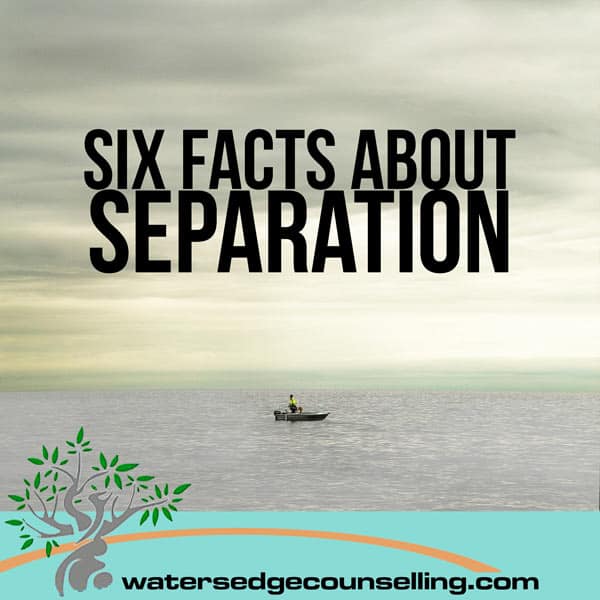
In an article for Geelong Surf Coast Living magazine, Colleen was interviewed about the impact separation has on the family, and, in particular, children. You can read Lynda Taylor’s article ‘Separation Anxiety’ now by picking up a copy of the autumn edition at a local coffee shop.
Here are six valuable facts about separation anxiety in families that we can learn from the article:
-
Children cope better when they see a counsellor
Irrespective of a child’s age, they will feel the pull between both parents and can struggle to work through their emotions. Allowing your child to see a counsellor will help them with this. As the article says, “working with a counsellor provides a safe neutral environment where [a child can] vent”. A counsellor will teach your child strategies to deal with anger, anxiety and conflict.
-
Parents must be united
Any issues that caused a relationship to break down must be put on the back burner by parents in order to care for their children. Relationships Australia says parents should provide a “composed, united and reassuring” front. This means it’s important for parents to keep the same boundaries in place for their child, and should always speak about one another with respect.
-
Children react according to their parent’s emotions
Are you angry, confused and indignant about your ex? If you express this to your child, they will take on similar emotions. Colleen points out that if parents are upset, children are often bewildered, confused and despondent. They will also blame themselves for the situation.
-
Be honest
How you speak to your child about the separation will depend on their age. Always be honest, but explain the situation in a way they will understand. An older child or the first-born will often take the burden of the separation, and what you share will change according to this.
-
There are different ways to talk about separation
When Colleen is counselling a client whose parents have separated, she will use different methods depending on the child’s age, understanding and interests. An ‘anger thermometer’ is useful for younger children to explain how they feel. Play therapy is a narrative based approach that is also useful for children of various ages, and helps them to explain the family system.
-
Take care of yourself
While your children are a priority throughout a separation, you also need to take care of yourself. Take ‘me time’ and give yourself the space and time to reflect and heal. Make sure you spend time with like-minded and supportive friends, and don’t be afraid to have fun. As Beth*, the client in the article says, “I found when I was better, my son was better.” When you take care of yourself, you help your children to heal as well.
*Name changed for privacy purposes
Are you going through a separation? Do you want to protect your children through this transition? Here’s what you need to do: Contact WatersedgeCounselling on 0434 337 245 for a FREE 10-minute phone consultation on how we can best help you, or press book now.
Leave a Reply